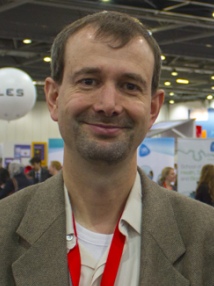BibTex format
@article{Lee:2023:10.2196/42281,
author = {Lee, JWY and Bello, F},
doi = {10.2196/42281},
journal = {JMIR Med Educ},
title = {Readiness of Health Care Professionals in Singapore to Teach Online and Their Technology-Related Teaching Needs: Quantitative Cross-sectional Pilot Study.},
url = {http://dx.doi.org/10.2196/42281},
volume = {9},
year = {2023}
}

